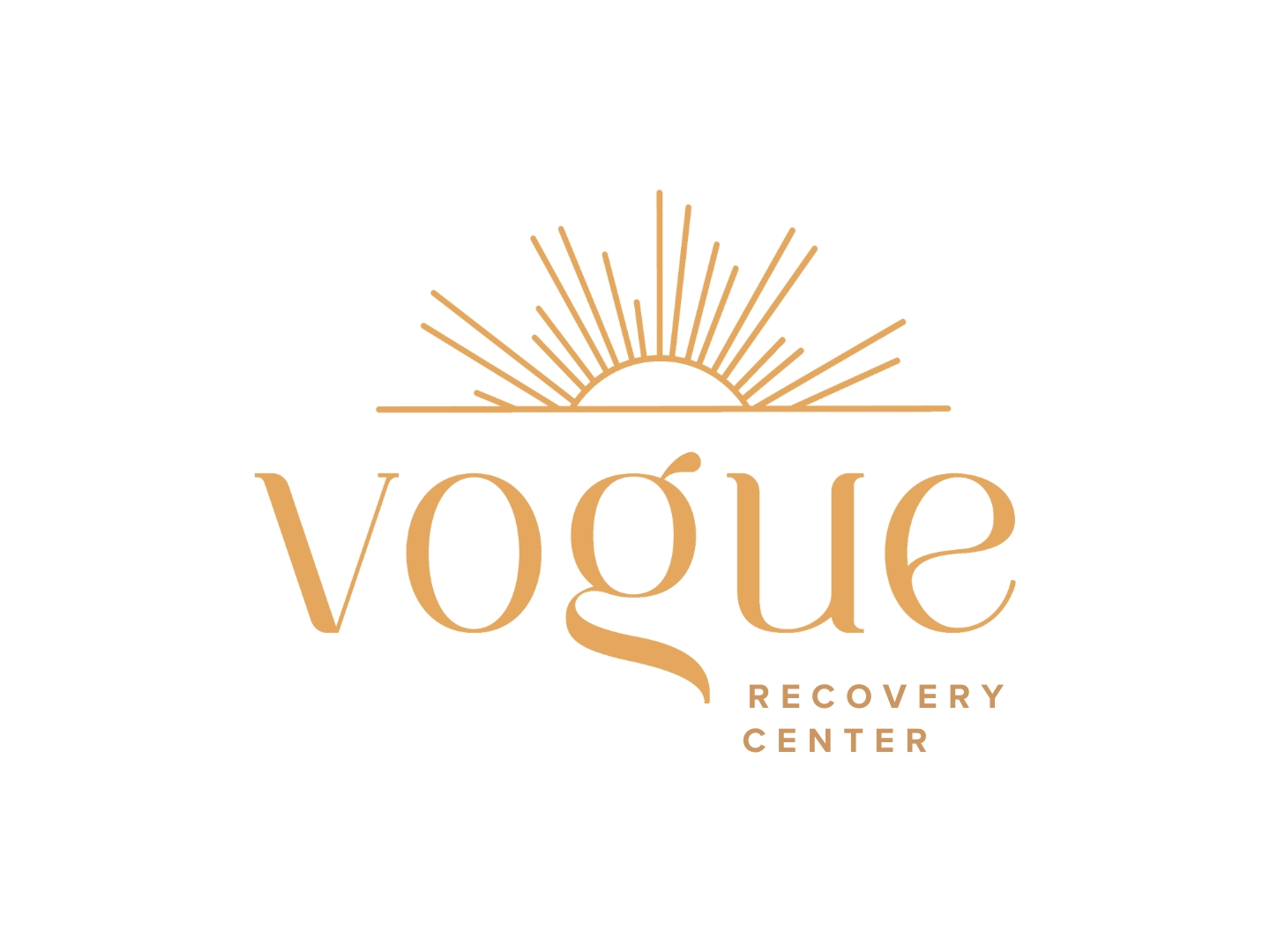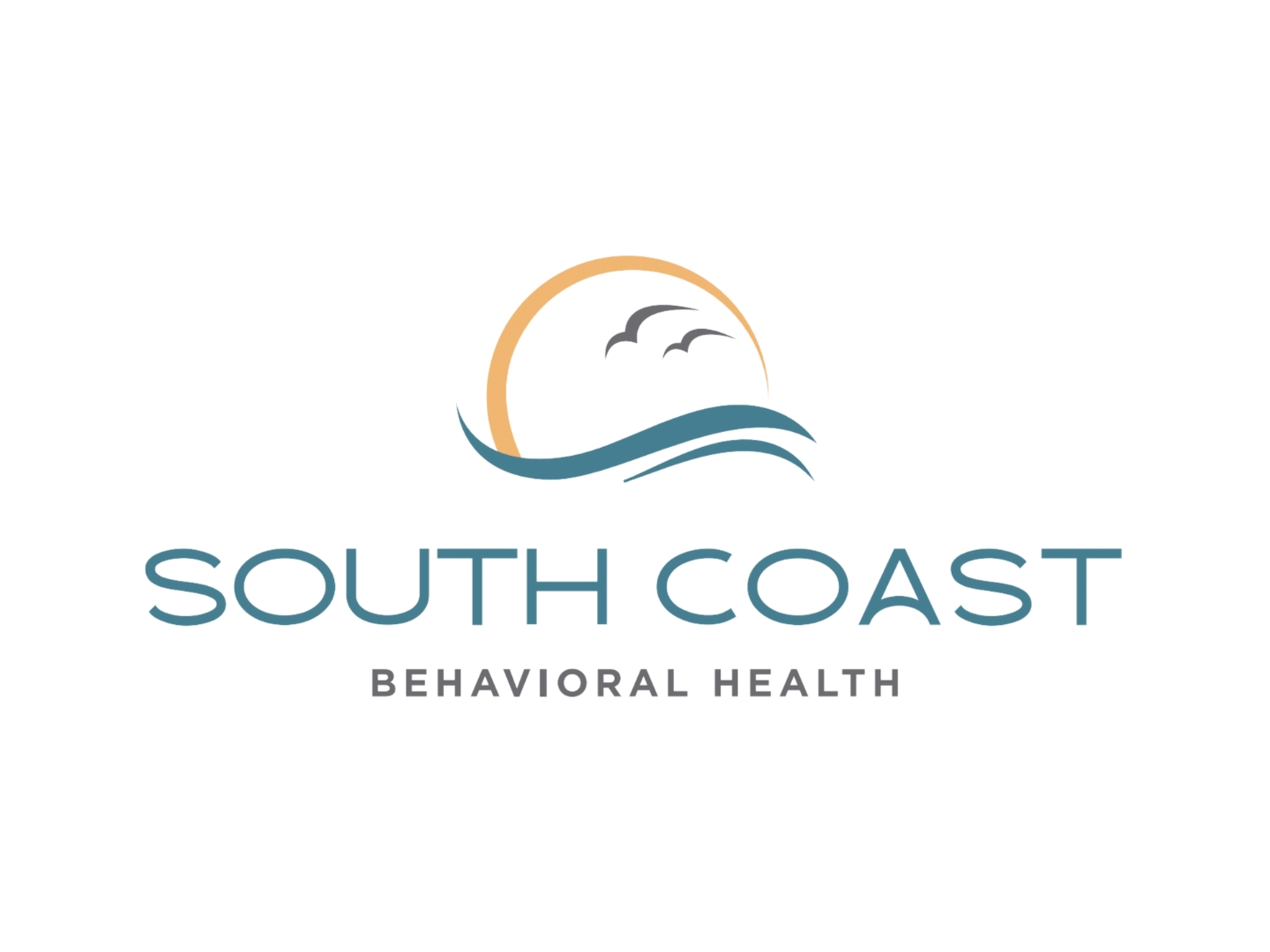Anxiety is a normal experience. Whether interviewing for an important job, preparing to give a speech, or any other stress-inducing event, most people have had anxiety at some point or another. What isn’t normal is when anxiety appears on a regular basis and interferes with your daily life. People who experience chronic anxiety, even over situations that may not call for this emotion, may have what is known as generalized anxiety disorder (GAD).
Rather than let anxiety control your life, get help for anxiety disorders from a professional treatment center. Aliya Health Group offers anxiety treatment programs to help anyone feel more comfortable in the world and live life to the fullest.
Generalized anxiety disorder is a common mental health disorder that causes chronic worry and anxiety. People with GAD may worry excessively about everyday things, such as health, money, work, family, or school. This worry is often disproportionate to the actual situation and can be difficult to control.
GAD can significantly impact a person’s daily life by causing constant worry and anxiety. This worry can manifest in various ways, making it difficult to manage daily tasks and activities.
Some of the ways in which GAD can impact someone’s daily life include:
Overall, GAD can make daily life feel like a constant battle. However, with proper treatment, it is possible to manage and recover from this condition. Treatments like therapy, medication, or lifestyle changes can help people with GAD manage their worries and live fulfilling lives.
No one should have to wait to heal, which is why our specialists are available 24/7 to help guide you through the admissions process every step of the way.
The exact cause of generalized anxiety disorder (GAD) is unknown. However, it is likely a combination of factors that contribute to its development. These factors can be broadly categorized into genetic, biological, and environmental factors.
GAD can run in families, suggesting a genetic predisposition. Of course, having a family history does not guarantee that you will develop GAD. But, if you know that this condition runs in your family, it can help to take preventative measures.
This might include getting tested for GAD yourself and implementing healthy coping mechanisms for anxiety early on. This can also help you avoid developing more intense symptoms should any other conditions run in your family.
There are several environmental factors that can contribute to the development of GAD. Stressful life events such as major life changes, trauma, or chronic stress are some of the key contributors to GAD.
Certain medical conditions, such as thyroid problems or chronic pain, can also trigger or worsen anxiety symptoms. Finally, drug and alcohol use can increase anxiety and make treating this condition more difficult.
Certain biological factors can also contribute to someone’s likelihood of developing GAD. For example, imbalances in brain chemicals like serotonin and gamma-aminobutyric acid (GABA) are believed to play a role in anxiety disorders, including GAD.
GAD most commonly causes chronic worry and anxiety. People with GAD often have trouble controlling their worries and may feel anxious most of the day. Overall, this condition can lead to a variety of physical, emotional, and behavioral symptoms.
If you have been experiencing generalized anxiety disorder symptoms for more than six months, it is important to see a doctor or mental health professional to get a diagnosis and discuss treatment options.
If you notice these symptoms in yourself or a loved one, it may be time to get help. A treatment center can help you create an individualized recovery plan focused on reducing anxiety and building a happy, more confident life.
If you or a loved one is struggling with their mental health, our admissions team is available 24/7. Our compassionate and understanding team can help answer your mental health treatment questions and get you started on the path to recovery.
Deciding to seek trauma treatment can be intimidating. We are here to make this process as easy as possible. Reach out to us today to learn more about how our treatment centers can help!
Generalized anxiety disorder (GAD) is diagnosed by a mental health professional, such as a psychiatrist, psychologist, or licensed clinical social worker. There is no single test to diagnose GAD, but mental health professionals use a variety of methods, including:
Evaluation: A mental health professional will ask you about your symptoms, including how long you have been experiencing them, how severe they are, and how they are affecting your life. They will also ask about your medical history, family history, and any medications you are taking.
Psychological tests: These tests can help to assess the severity of your anxiety symptoms and rule out other possible diagnoses.
Mental health professionals use the criteria in the Diagnostic and Statistical Manual of Mental Disorders (DSM-5), published by the American Psychiatric Association, to diagnose GAD.
To be diagnosed with this condition, you must meet several criteria, including:
In order for worrying to reach the level of a diagnosis, at least three of the following symptoms must be present:
If you are concerned that you may have GAD, it is important to see a mental health professional for an evaluation. Early diagnosis and treatment can help you manage your symptoms and improve your quality of life.
There are two main types of generalized anxiety disorder treatment: psychotherapy and medication. Using a combination of these treatment methods can help equip you with the necessary physical and emotional support to effectively manage this condition.
Psychotherapy is a type of talk therapy that can help you learn how to manage your anxiety. The most common type of psychotherapy for GAD is cognitive behavioral therapy (CBT). CBT can help you identify and change negative thought patterns that contribute to your anxiety.
Other forms of therapy like individual, group, and family therapy can also be helpful. Additionally, many people find that holistic therapies such as meditation, journaling, and expressive arts therapy can also help manage their anxiety.
Medication can also be helpful in treating GAD. There are several types of medications that can be used to treat anxiety, including antidepressants and anti-anxiety medications. These can help manage more severe cases of anxiety that are resistant to therapeutic methods of treatment.
Antidepressants are a common and effective first-line medication for treating generalized anxiety disorder (GAD). The most commonly used are Selective Serotonin Reuptake Inhibitors (SSRIs).
SSRIs work by increasing the level of serotonin in the brain, a chemical that plays a role in mood and anxiety regulation. Additionally, Serotonin-Norepinephrine Reuptake Inhibitors (SNRIs) can also help treat anxiety. SNRIs affect both serotonin and norepinephrine levels in the brain. Norepinephrine also plays a role in alertness and focus.
Benzodiazepines can be helpful for GAD, but they are typically considered a second-line or short-term treatment. Benzodiazepines work quickly, usually within 30-90 minutes. These medications help relieve anxiety symptoms like muscle tension, worry, and restlessness.
Buspirone is a medication specifically used to treat generalized anxiety disorder. It works differently from antidepressants and benzodiazepines, making it a valuable option for some people. It is believed to interact with certain neurotransmitters, particularly serotonin, which can be helpful in alleviating anxiety.
"*" indicates required fields
Generalized Anxiety Disorder can be tough, but there are definitely ways to manage it and improve your quality of life. One of the best things you can do on your own to manage your anxiety is to make lifestyle changes. This might include:
Leading a healthy lifestyle is all about creating habits that nurture your physical and mental well-being. Some key areas to focus on include your diet, exercise, sleep, and lifestyle management. If you are struggling to make these changes on your own, you may want to consider seeking professional help.
Aliya Health Group accepts most major health insurance providers on both a national and local level. Some of the health insurance providers we work include:







If you are looking for professional treatment for GAD, panic disorder, or any other anxiety issues, we are here to help. Our treatment programs take a comprehensive approach to recovery. We incorporate both holistic and evidence-based treatments when building your individualized care plan for anxiety disorder in adults.
Our admissions team is available 24/7 to answer all your treatment questions and help you understand your options. Reach out to us to request an appointment and to learn more about how to start your recovery as soon as today.
Many treatment centers offer specialized programs for anxiety disorders, often incorporating a combination of psychotherapy, medication management, and holistic approaches. Seeking care from a provider experienced in treating anxiety is important for finding the right treatment plan and achieving the best possible outcomes. With various facilities, Aliya Health Group offers mental health and addiction treatment. Contact Aliya today to find out more and begin your journey to recovery and healing.






Before entering outpatient treatment for substance abuse, most people have a long list of questions and concerns. To help you gain a better understanding of what to expect during outpatient programs, we have compiled a list of our most frequently asked questions.
Yes, our rehabilitation facilities have designated smoking areas available. However, kindly note that all cigarettes brought into the facility must be in unopened packs or cartons. The same rule applies to any cigarettes sent or brought by family or friends. Our staff will be more than happy to provide you with additional details regarding these guidelines during the admission process.
Yes, in most cases, we can offer repayment options tailored to your unique circumstances. For more details regarding personal repayment options, we recommend reaching out to our admissions team. They’ll be more than happy to assist you.
We accept all major insurance plans at our treatment locations. To learn more about insurance and treatment cost, contact our admissions team or fill out our secure insurance verification form.
Yes, we provide integrative dual diagnostics alongside a wide array of treatment modalities. Our core objective revolves around tackling addiction, while simultaneously addressing the underlying factors that contribute to substance use disorders. Our mission is to deliver effective and holistic care that encompasses both symptom management and the exploration of root causes of addiction.
In terms of cost, outpatient treatment is typically more affordable than inpatient options which require round-the-clock medical supervision. This makes it a viable solution for individuals who may be deterred from seeking help due to financial constraints.
"*" indicates required fields
For Immediate Help Call: 888-973-2078
Aliya Health Group is a comprehensive network of addiction and mental health treatment centers, with locations spanning nationwide.
We are driven by our commitment to empower individuals, families, and the community by providing education, tools, and support, to help them lead healthy, fulfilling lives in recovery.
Our admissions team is available 24 hours a day, 7 days a week, 365 days a year.






